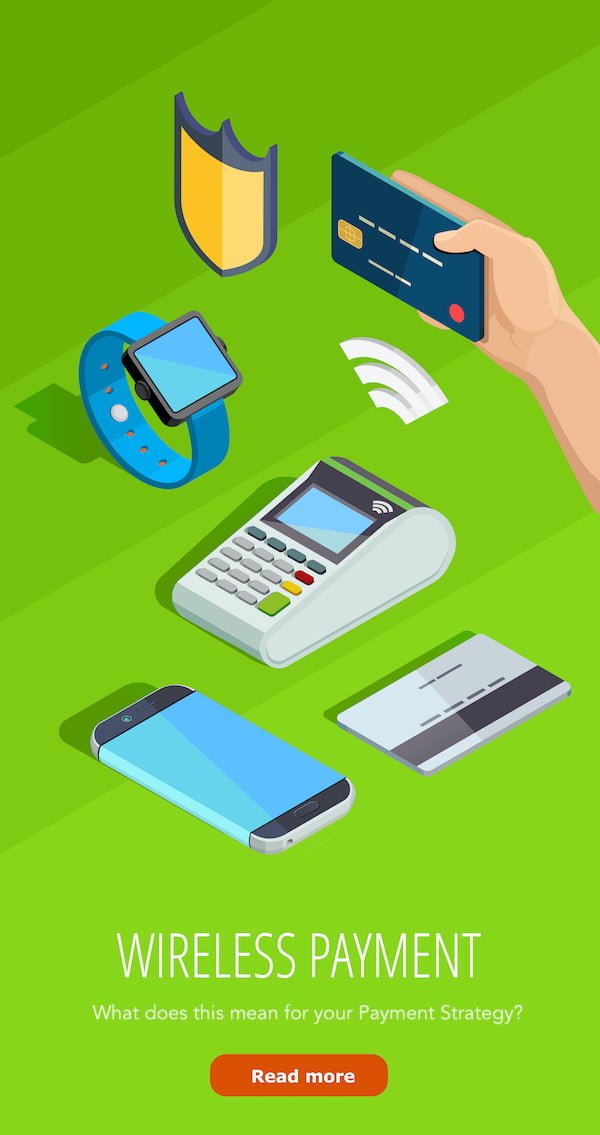
Islamic banking (مصرفية إسلامية) is banking or banking activity that is consistent with the principles of Sharia (Islamic law) and, like any other banking system, the aim of Islamic Banking is to make money for the banking institute by lending out capital while adhering to Islamic law.
In our report, we look at how Islamic Banking (or to use its more correct term, Sharia-compliant Finance), has seen tremendous growth over the past years, with products and services that almost match mainstream banking one for one. We take a good look at the topic, and examine the rapid growth that has also resulted in the introduction of complex banking products and structures, and how Shari’a opinion has diversified, to the point where one school of thought may approve a product or service as being Shari’a-compliant only for it to be rejected by another school of thought.
And for all its success, Islamic banking faces systemic challenges as it rises to meet the demands of the market, which has led to some inventive practises and protocols, not required in its conventional banking counterparts.
This has in turn, forced many Islamic Banks to take on greater costly administration practises, high overheads, capital outlays and complex contractual regimes and administration, while in the capital markets space, despite apparent progress towards improving issues like Islamic liquidity through increased sukuk issuance, for instance, there remains a lack of eligible liquidity instruments and adequate central bank facilities.
Can Digital Currencies offer a way out?
However, there are early signs that Blockchain technology and Digital Currencies may offer, if not entirely, then at least in part, a fundamentally different way of looking at what constitutes “money” and value – and with it how banking may be conducted. While this may present some new challenges it also heralds an exciting future for both Blockchain Technology, and Islamic Banking, ripe with opportunity.
In our upcoming report on the topic, we look at the impact technology is having on Islamic thinking, and the role such technology could play to take Islamic Banking global, and put it on the same playing field, with the kind of robust and scalable financial alternatives and instruments, that mainstream banks take for granted.
While its still early days, we describe in our report how a body of Islamic thinking is starting to emerge that believe “Bitcoins” or indeed possibly any Digital Currency that has been obtained through a process of ‘Mining’ may well be an asset class increasingly similar to owning gold than owning say, US Dollars.
We also look at how the potential is there for Islamic Banks to utilise a technology-based medium exchange of assets, without centralised trusts or intermediaries (without the risk of double spending), and most importantly, as an alternative to ‘fiat’ money as a medium of value store and exchange.
We look at how the nature of the Technology, could potentially eliminate the threat or the risk of fraud and non-traceability, and ensure global, cross-border standardisation and compliance of Sharia-compliant instruments across Institutional Banking and Capital Markets, and offer up our own thoughts on possible use cases and scenario’s, particularly in the area of Trade & Settlement platforms, that many Islamic Banks and bankers should at least be considering.
To get notified when the report is published, (available at the end of April 2017), or get an advance copy of the publication brief, send us your details here, or visit us at Solveworx, and get in touch.
Gary Collins & The Solveworx Team
The picture (top right), was taken on East New Britain Island, in Papua New Guinea where money has taken on many forms over the millennia, including shells, stones and even whalebones have all found value





